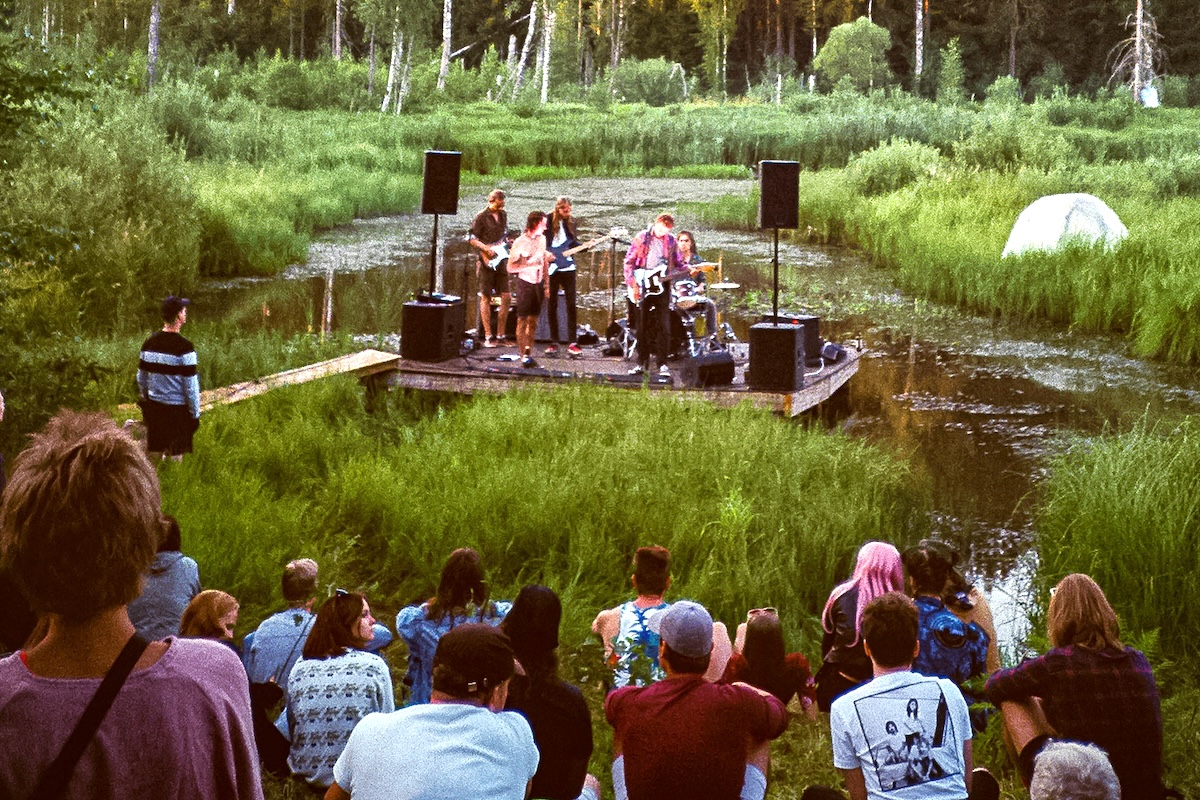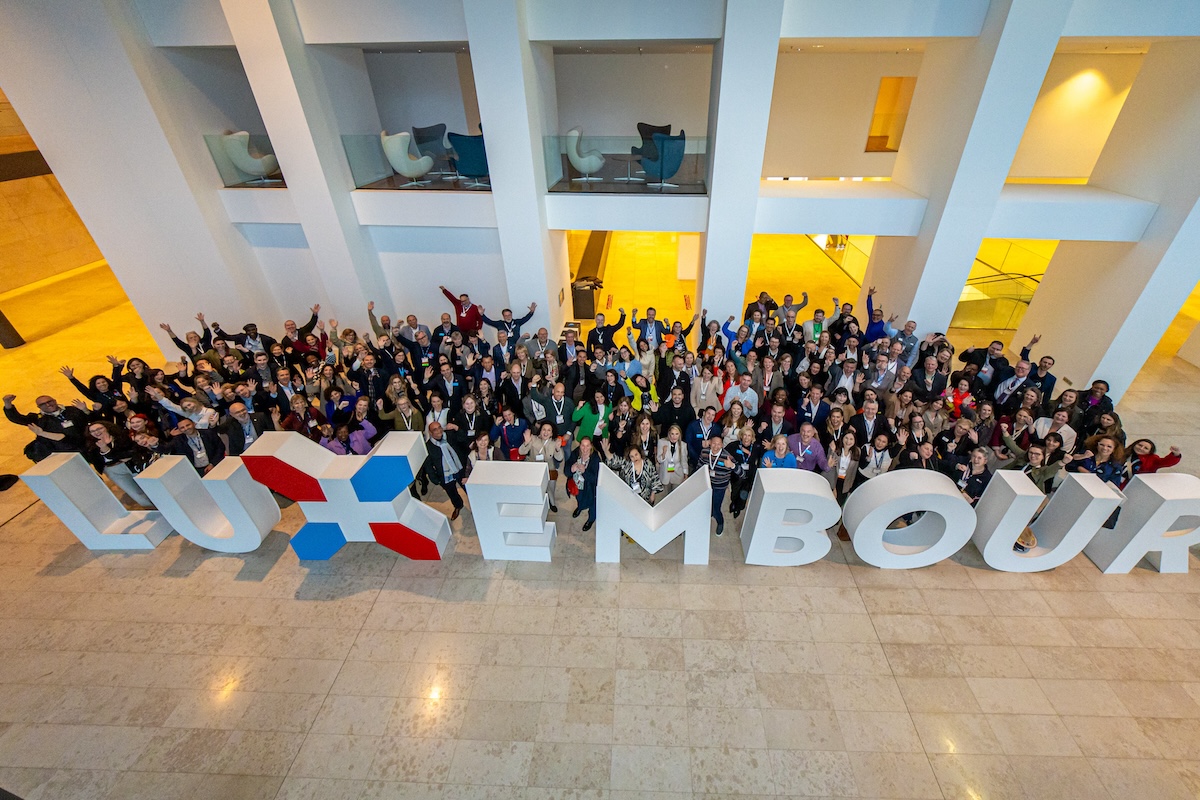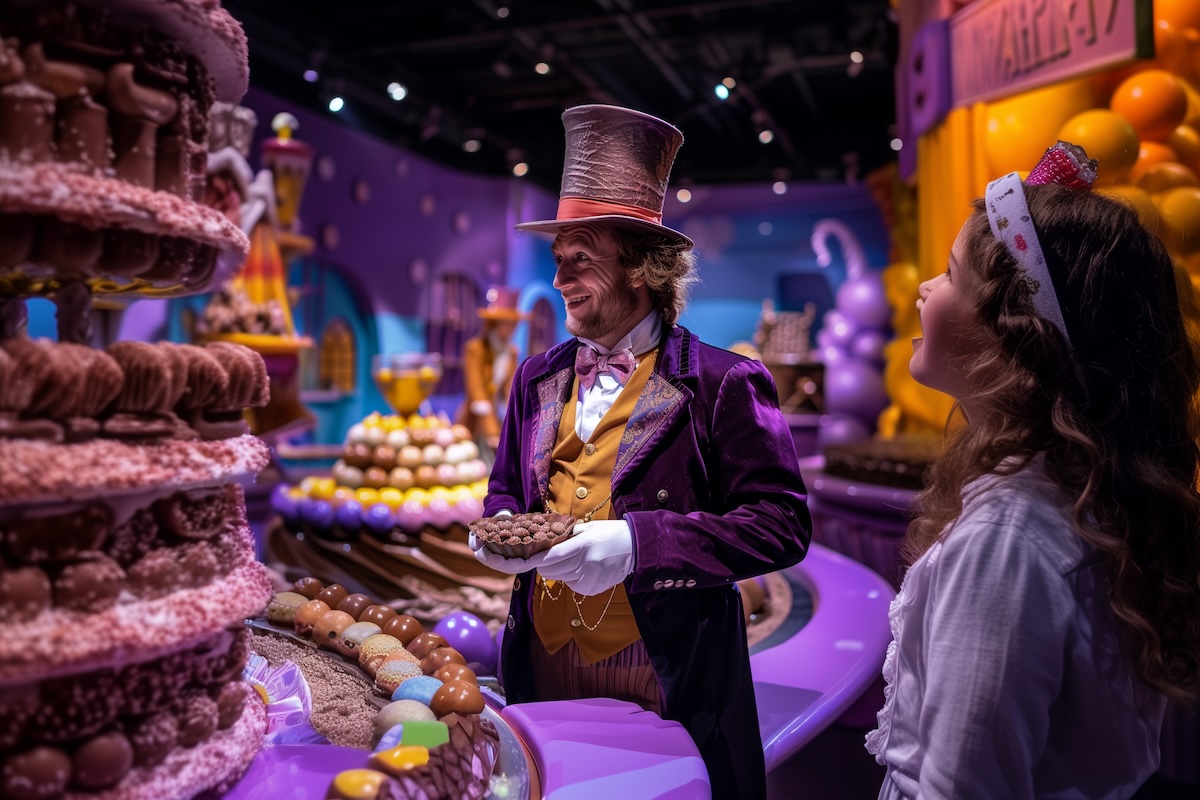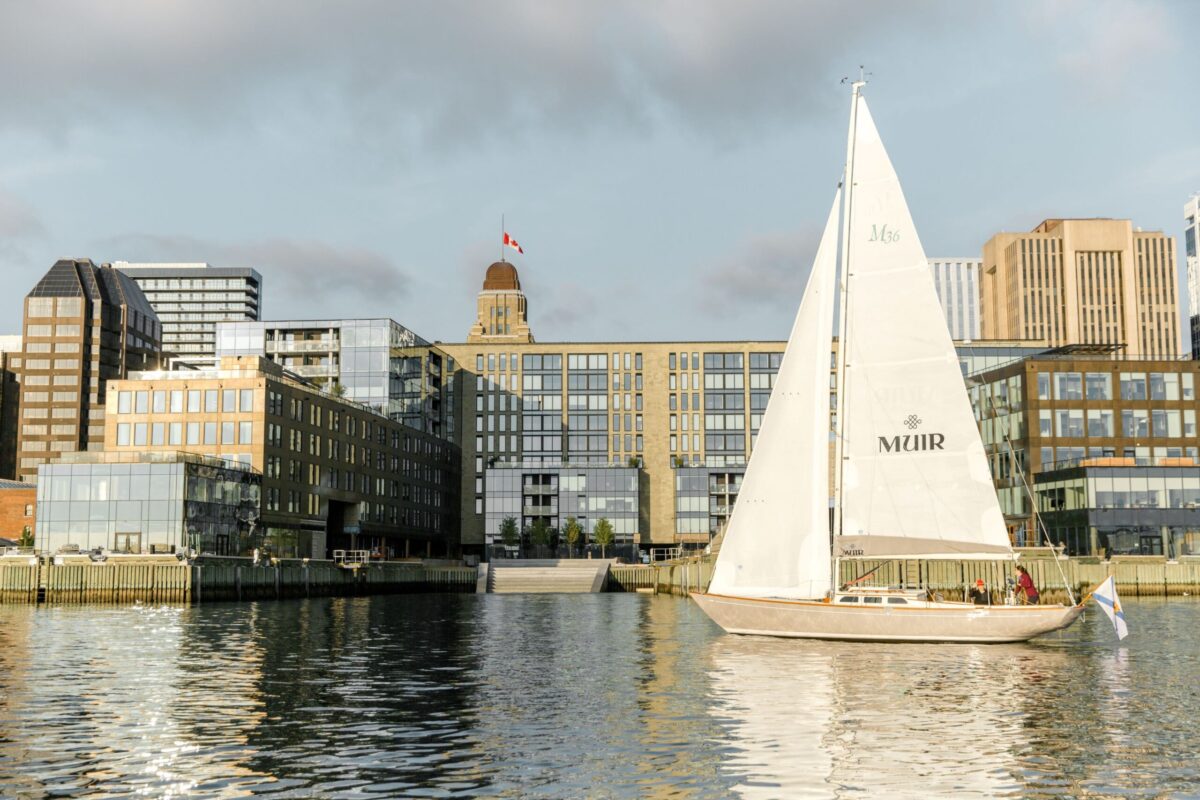Skift Take
Music festivals bring a slew of performers together but their format may be causing ticket sales to plummet pointing to fan burnout on the status quo format of the large events.
Australia has seen at least six music festival cancelations in 2024, and it’s only February. While Taylor Swift and Foo Fighters sell out shows effortlessly, the decline in interest in music festivals may point to critical issues.
The problem may rest on settling on the status quo of large event design and amenities. “We’re always going to have large gatherings,” says Derrin Brown, creative alchemist at Mandala Social, an Australia-based event producer. “The collective focus on one thing as a cumulative effect is so rewarding, energizing it, and joyful, but when there’s a mediocre product that’s stuck in a status quo, with a basic stage set up, muddy field and chemical toilets, that’s the bare minimum.”
The status quo isn’t likely to shift overnight, Brown explains. Making incremental changes can provide noticeable improvement if implemented correctly to meet higher expectations held by the audience. These changes include higher quality AV physically supported by permanent stages and overall higher quality amenities.
Implementing Music Festival Improvements
Brown explains that pushing past the status quo takes time and resources, such as possible partnerships forged with the local community and government to fund such changes. Lost opportunity often occurs when a combative stance is taken up by event and festival promoters that see the permitting process – for example – as a hassle or by local councils that are fiscally risk averse.
Brown points to the temporary infrastructure used to provide festival amenities, from food and beverage booths to restrooms, as elements causing festivalgoers to burn out on the format.
“How can we actively remove the fear, be proactive, change the status quo, and move things forward?” Improvements to festival grounds may take time and planning, but as a powerful economic driver, the success of festivals benefits the entire community.
“I wish festival promoters could engage an economist to create that beautiful economic metric, to put the argument to the local council, the stakeholders, the landowners and demonstrate the economic benefits brought by festivals,” he says.
However, not all issues impacting the popularity of music festivals are based on the quality of amenities. Monothematic programming is also causing a decline in interest in the format. Brown describes the delivery of programming as being broken into thirds. “It’s important to meet the expectations of the audience, provide a new and unexpected experience and then provide a mash-up of both,” he says. The issue with the status quo in content design is catering to the lowest common denominator.
Festival and Events Incubator Program
Across the Pacific Ocean, the Pacific Northwest town of Bellevue, Washington, supports festival and event promoters through a state-funded incubator program.
Visit Bellevue officially launched the Bellevue Festivals and Events Incubator program in partnership with the city and local hospitality industry with the goal of providing funding to new festivals and events.
“Because large events take a while to really develop and get an audience, the incubator program provides support for these events from the ground up,” says Anna Yan, communication manager at Visit Bellevue.
Bellevue is currently hosting its Wintergrass Music Festival, with the Northwest Chocolate Festival scheduled for October. These events have been a success thanks in part to the incubator program.
“The idea is for events happening here in Bellevue, we help the group fill the room nights by helping to market it outside of Bellevue to other places in Washington, Canada, Pacific Northwest overall,” says Stephanie Steele, senior sales manager, Visit Bellevue. “A lot of the time, organizers of these events may not know the best way to market their event in a particular market.”
The efforts of Visit Bellevue are paying off. The outlook for events and festivals in 2024 has hit record highs, with prospects for 2025 and 2026 looking positive. Incubator funding varies from $7,500 to $50,000. Funding is based on the number of room nights an event can generate ranging from 250 to 3,000.
Photo credit: Pavel Pjatakov / Unsplash





